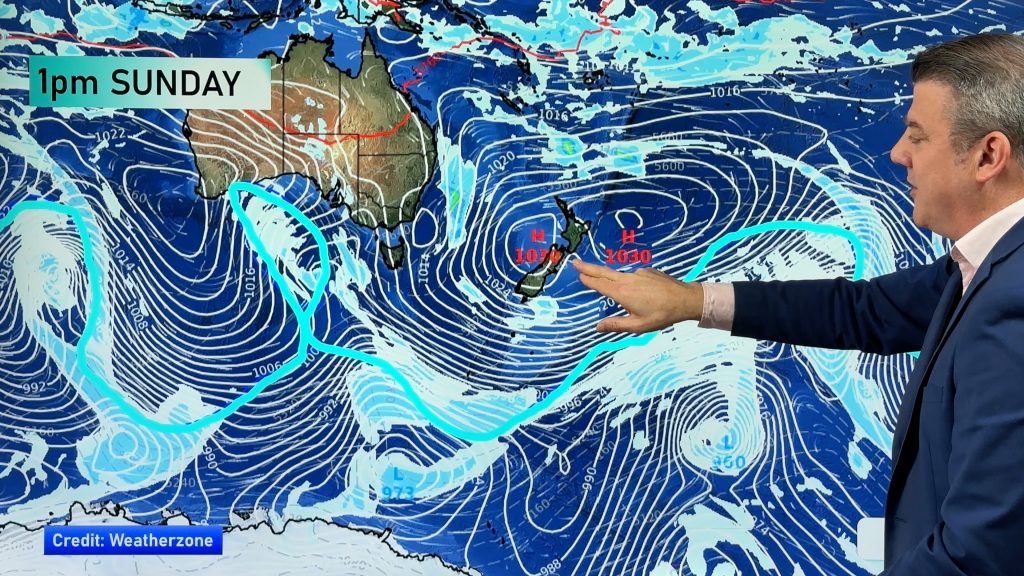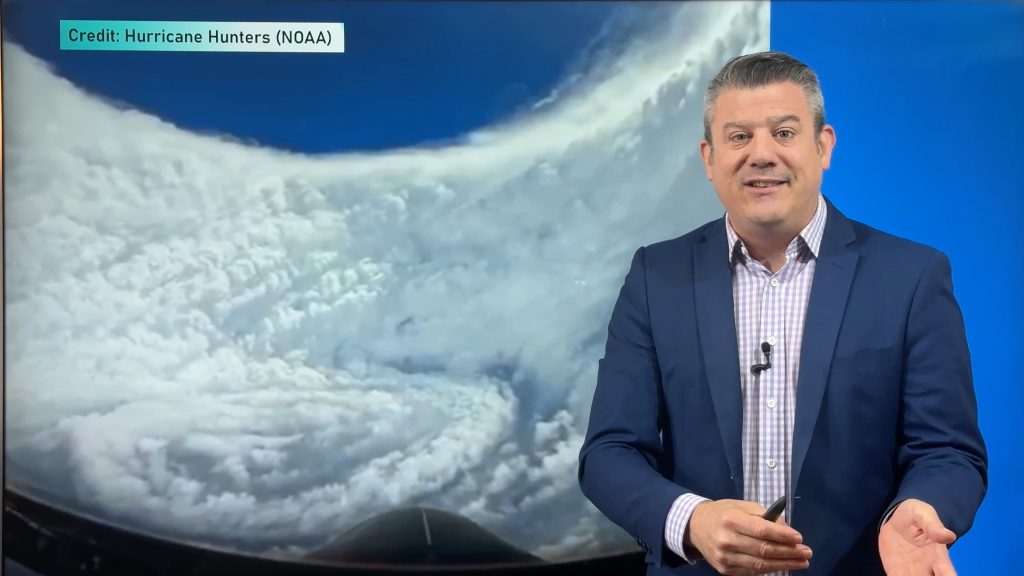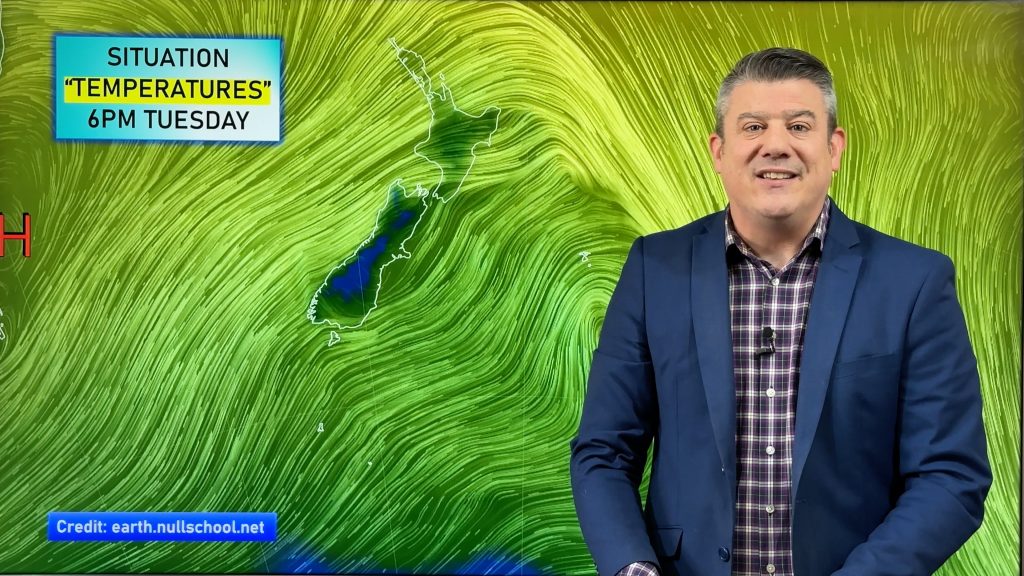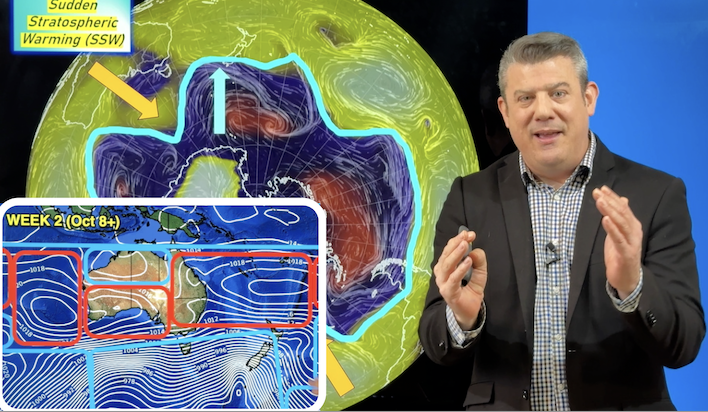
> From the WeatherWatch archives
The Obama administration is stepping up its game in dealing with climate change. In his June 19 speech at the Brandenburg Gate in Berlin, President Barack Obama said that “the effort to slow climate change requires bold action.” On Tuesday, in a speech at Georgetown University, Obama called for the United States to “lead the world in a coordinated assault on a changing climate.” And the U.S. Environmental Protection Agency will issue regulations limiting carbon dioxide emissions from existing power plants.
Such moves echo widespread public concern about global warming outside the United States, according to a recent poll of 39 countries by the Pew Research Center. But they do not reflect the priorities of the American people, who are, on a per capita basis, among the world’s largest emitters of greenhouse gases. Nor do they reflect the concerns of the Chinese, whose country is the world’s most significant source of carbon dioxide, methane and other emissions.
Publics all around the world are particularly worried about climate change, with a median of 54 percent of those surveyed citing this as a major threat to their countries. Other prominent concerns include fears about international financial instability (52 percent) and Islamic extremist groups (49 percent). As might be expected, these apprehensions differ by region and by country. But at a time of turmoil in the Middle East and a slow recovery from the Great Recession in many parts of the world – both immediate challenges – general public anxiety about climate change, a long-term concern, is strong.
More from CNN: How to fight climate change
Climate worries are particularly prevalent in Latin America, where two-thirds are concerned, as well as the Asia/Pacific (56 percent), Europe (54 percent) and sub-Saharan Africa (54 percent). Indeed, global warming is among the most important threat cited by publics in the seven countries surveyed in Latin America, in five of the eight nations in the Asia/Pacific and three of the six publics surveyed in Africa. Greeks were most concerned, with 87 percent listing the issue as a worry, followed by 85 percent of South Koreans and three quarters of Brazilians.
In contrast, Americans and Chinese are among the least apprehensive about climate change. Just 40 percent of Americans say global warming poses a major threat to the United States, a virtually identical number to those saying so in China.
Of course, climate change is not the global public’s only worry. The survey also found that at least half of those polled in eight European nations, as well as in many Middle Eastern and African countries, consider international financial instability a major threat. This is especially the case in those nations hard hit by the euro crisis. In the southern European nations of Greece (95 percent), Italy (75 percent) and Spain (70 percent) clear majorities of the public expressed concern that financial turmoil could harm their societies.
In addition, majorities in the United States, as well as in many European and African countries, consider Islamic extremist groups a major threat, with concern in Europe being especially acute in France, Spain, Germany and Britain. Americans and Europeans, meanwhile, also express concern about Iran’s nuclear program, while North Korea’s nuclear ambitions also trouble Americans, with 59 percent saying this poses a major threat to the United States.
It’s true that the Obama administration’s new initiatives on climate change respond to a groundswell of public concern around the world about the future effects of global warming.
“When I spoke to young people in Turkey a few years ago, the first question I got wasn’t about the challenges that part of the world faces,” Obama said Tuesday. “It was about the climate challenge that we all face – and America’s role in addressing it.”
But the reality is that the president’s recent announcements do not reflect the concerns of either the American or the Chinese people, the two most significant emitters of greenhouse gases. If global warming is to be slowed, it is those publics that need to see climate change as a major threat to their societies. Today, they do not.
-CNN
Comments
Before you add a new comment, take note this story was published on 11 Aug 2013.






Add new comment